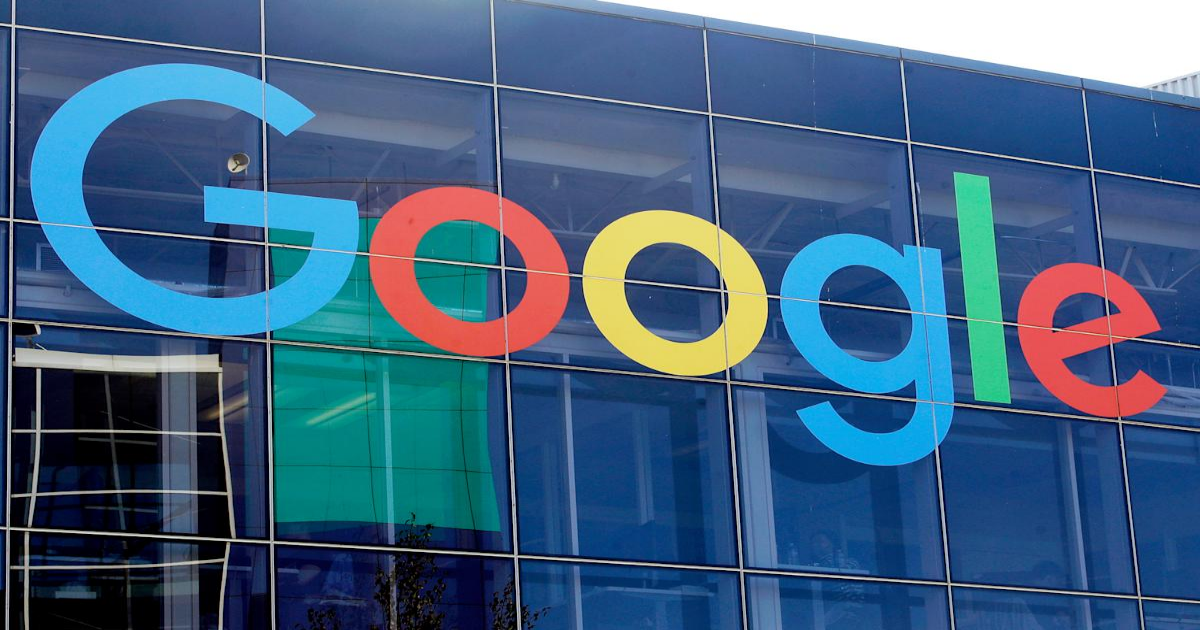Google’s profits soared 28% in this year’s opening quarter, overcoming the competitive and legal threats that its internet empire is facing amid an economy roiled by a global trade war.
The numbers released Thursday by Google parent Alphabet Inc. indicated the company is rising to the challenge so far, but investors are likely to remain concerned about the turbulent times ahead.
The Mountain View, California, company earned $26.5 billion, or $2.15 per share, during the January-March period, up from $20.7 billion, or $1.64 per share, at the same time last year. Revenue rose 12% from last year to $96.5 billion. The results easily exceeded analysts’ projections, according to FactSet Research.
Alphabet’s stock gained more than 3% in extended trading after the numbers came out. The shares had fallen by 16% since the end of last year.
Google’s first-quarter performance illustrated the continuing power of its long-dominant search engine in a sea of uncertainty. While grappling with competitive threats emerging as artificial intelligence reshapes technology, Google is also battling court decisions condemning its search engine and digital ad network as illegal monopolies.
The AI-driven upheaval has opened new opportunities for people to find helpful advice, insights and information through more conversational search options from the likes of OpenAI and Perplexity.
Google’s long-dominant search engine is countering the new competition with a feature called AI Overviews that appear above web links in its results. It is also testing a conversational tool called AI Mode that would usher in an even more radical change to its business model.
Meanwhile, Google is trying to fend off an attempt by the U.S. Justice Department to break up the company and impose other restraints after a federal judge last year branded its search engine an illegal monopoly. To make matters worse, its digital ad network also was found to be illegally abusing its power earlier this month in another case brought by the Justice Department.
President Donald Trump’s trade war has injected more uncertainty into the mix by rattling the financial markets amid fears the tariffs will reignite inflation while dragging the economy into a recession. Although Google’s digital services aren’t directly impacted by the tariffs, a recession would likely curtail the spending on ads that generate most of Alphabet’s revenue.
But there were few signs of a slowdown in the past quarter, emboldening the company to stand firm on plans to invest $75 billion on AI and other technologies this year while also pursuing approval of a $32 billion deal to buy cybersecurity firm Wiz.
“We are confident about the opportunities ahead,” Alphabet CEO Sundar Pichai said in a statement.


